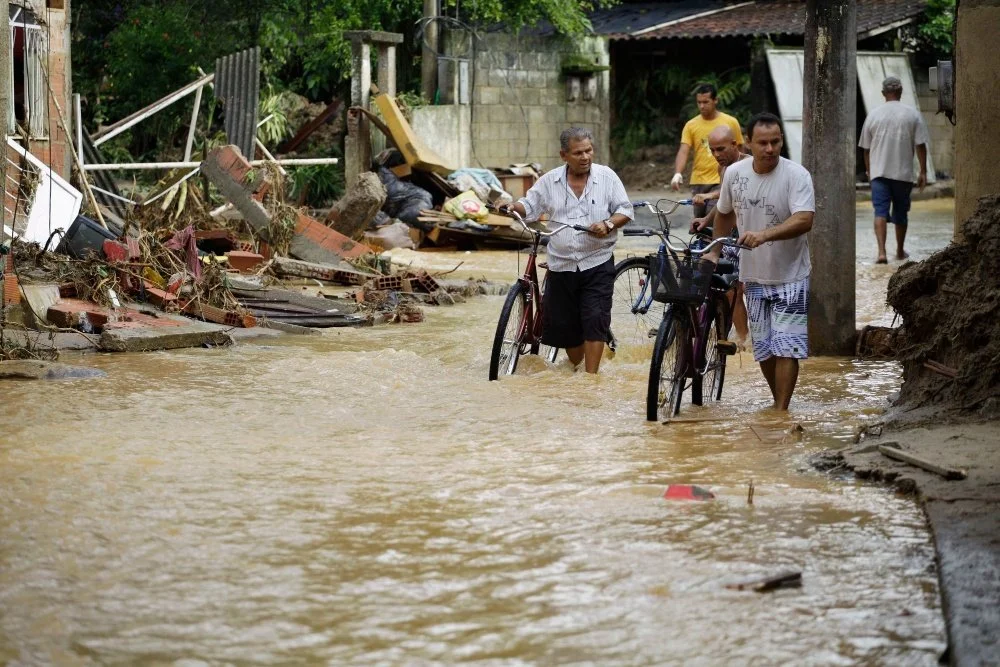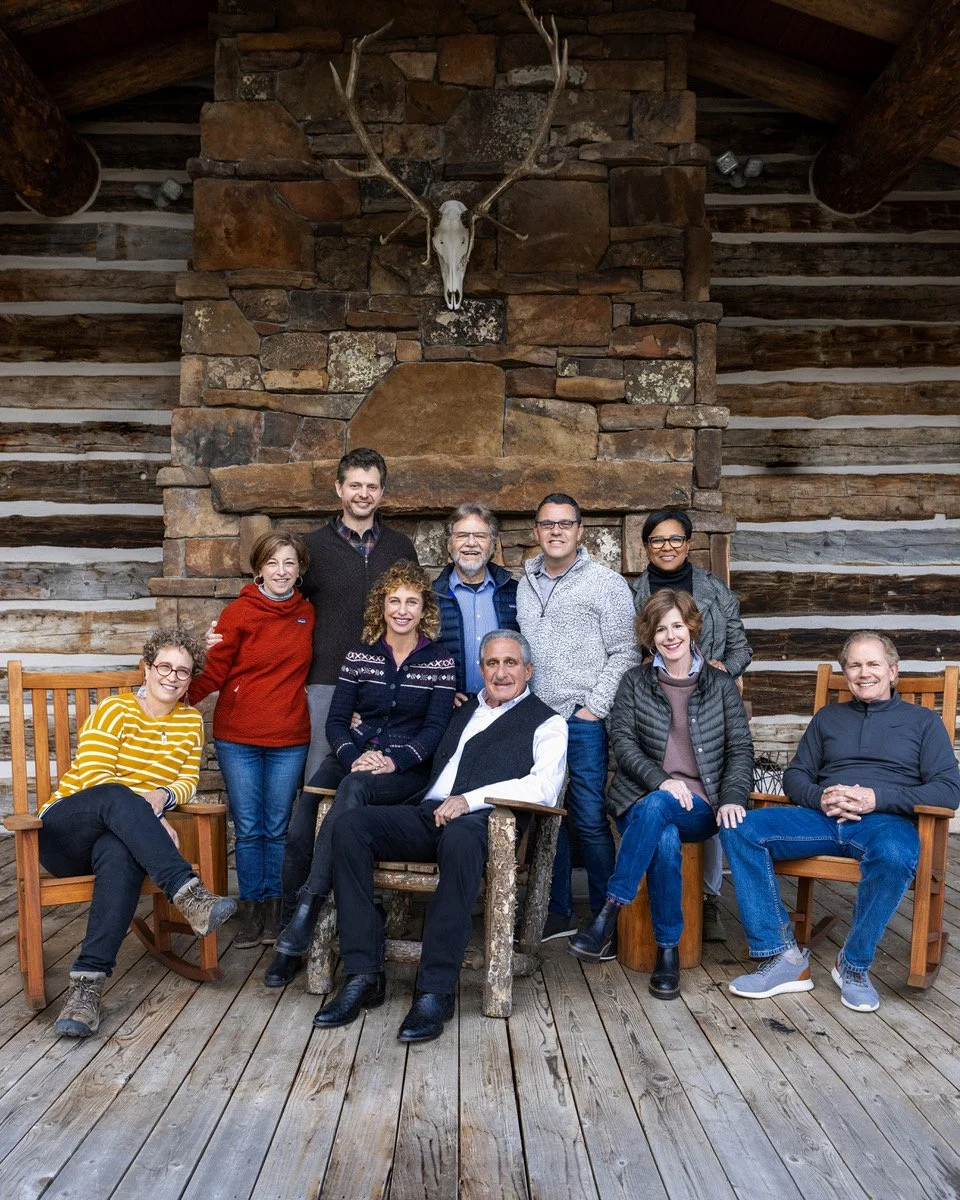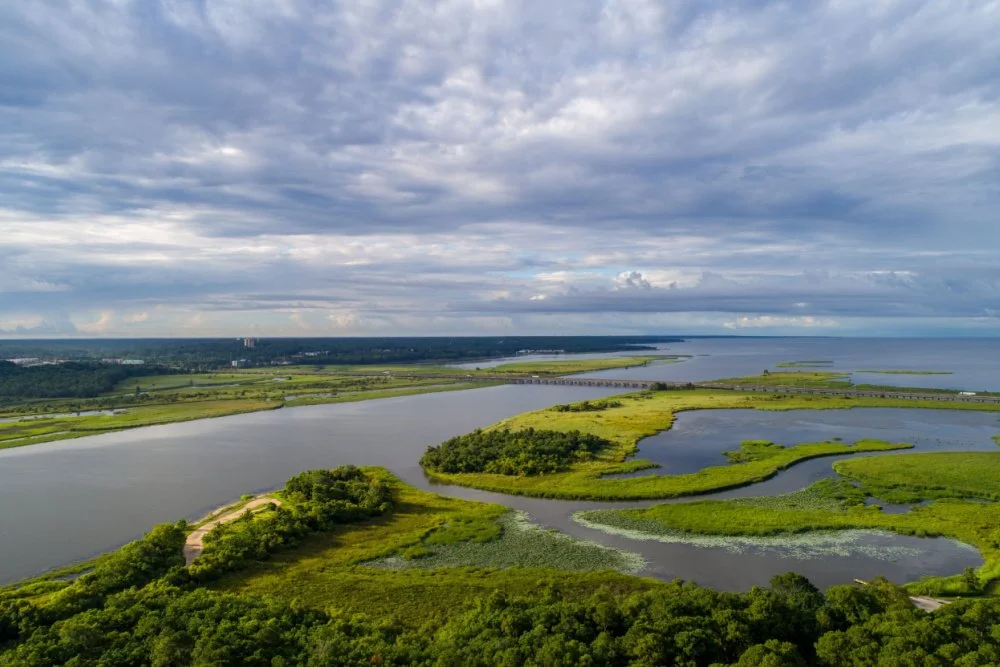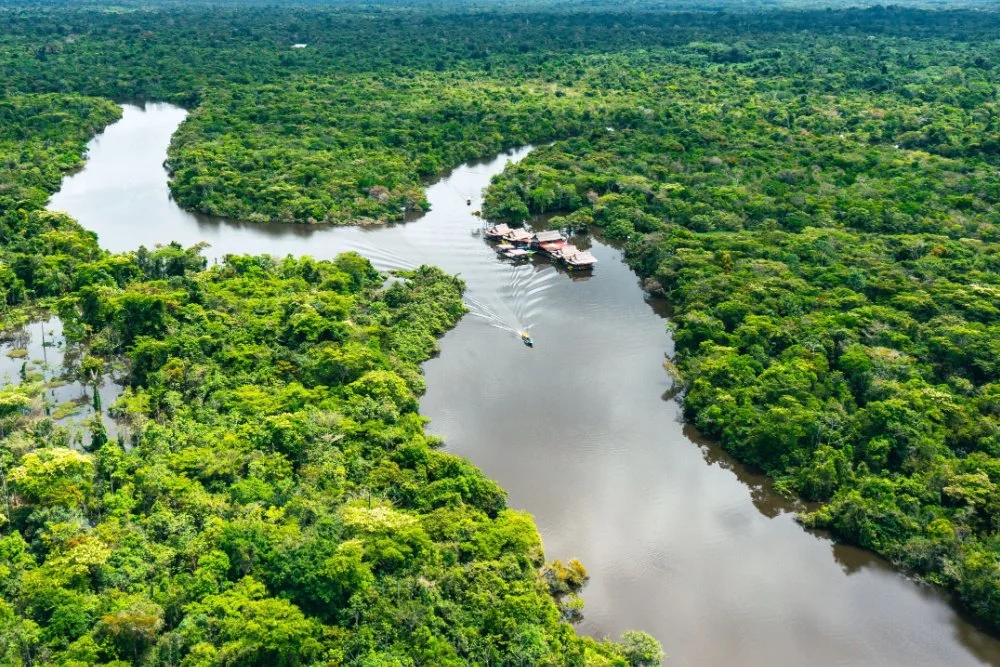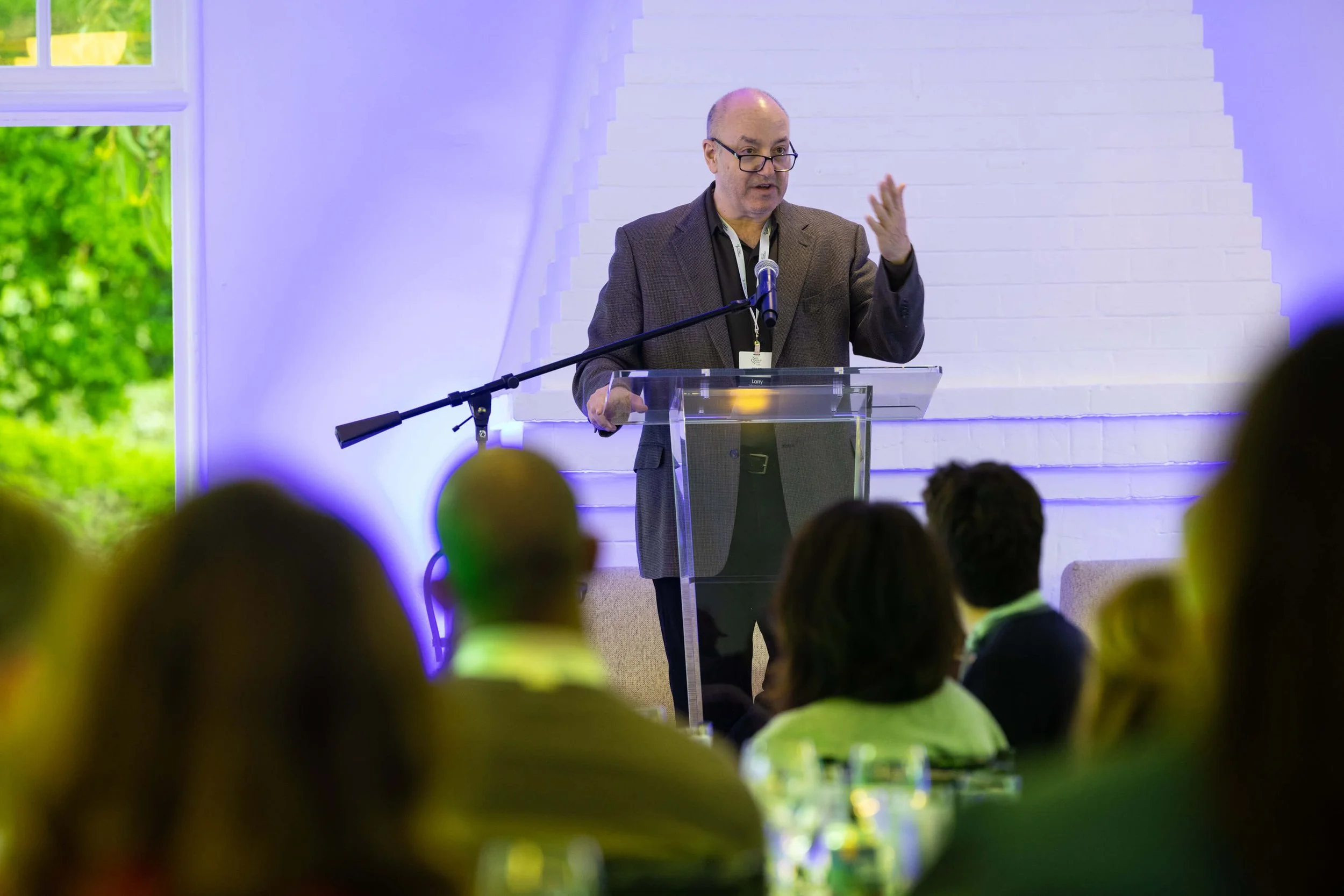A Regional Funder’s Commitment to a Post-Fossil Fuel South
/A closed coal mine. photo: Paul Gibbings/shutterstock
One crucial, often overlooked type of environmental funding is the work of empowering communities to shape what comes after fossil fuels, especially in areas historically dependent on them.
This is often called "just transition" work, making the shift from an economy reliant a single extractive industry to an economy that’s both sustainable and equitable. Getting it right means supporting grassroots groups in communities that are vulnerable or heavily impacted, which environmental philanthropy generally falls short on. But a handful of funders are leading the way.
The American South, much of it coal country in an era when coal mines are shutting down, is one particular area where this need is acute, and a regional funder, the Mary Reynolds Babcock Foundation (MRBF), has been making a lot of grants in this space.
The foundation’s giving is multifaceted, seeking to advance systemic change to improve economic opportunity and reduce inequality, so it’s not carved up strictly by issue. But a number of its grants have an environmental component, carrying out this overlooked type of community-driven green funding that’s always worth highlighting.
Related:
- A Funding Effort to Build a Stronger, More Diverse Climate Movement
- A Foundation's Hopeful Vision for a More Equitable American South
- Who’s Funding Appalachia’s Transition from Coal?
MRBF has been around since 1953, when it was established with the passing of its namesake, who was the daughter of tobacco magnate R.J. Reynolds. It initially gave a lot to education, health, and religion. But the estate’s mandate for the foundation was pretty flexible, and over time, it shifted to its current justice-oriented approach, part of the NCRP Philanthropy’s Promise to support underserved communities. It also provides a lot of general operating support, another rarity. And the funder signed on to Divest Invest in 2016, pledging to screen fossil fuel companies from its investments.
MRBF was a founding partner in the Just Transition Fund, which initially launched in 2015 to take advantage of federal funding available through President Obama’s POWER Initiative. Sandra Mikush, former deputy director at the foundation, is a co-founder of the fund and continues to be a consultant.
One of the foundation’s biggest current grantees working on environmental issues is the Central Appalachian Network, which has received two, $225,000 grants since 2015. This association of nonprofit organizations across five southern states works on economic development, including organizing communities behind renewable energy generation and energy efficiency.
Another big grantee and major player in this space is the Mountain Association for Community Economic Development (MACED), which received $550,000 for its work toward “a just transition to a new, sustainable economy driven by local entrepreneurs and fueled by safe, affordable energy.” MACED similarly supports energy efficiency and renewable energy projects, as well as forest management and carbon credits.
Another regular MRBF grantee to note is the Ohio Valley Environmental Coalition, which has received funding to promote alternatives to mountaintop removal mining.
Just transition work done right takes a real commitment from foundations, requiring long-term power building and support at the local level. MRBF excels here, weaving sustainability into its broader, place-based equity and opportunity agenda.
Related:


